WGEA publications
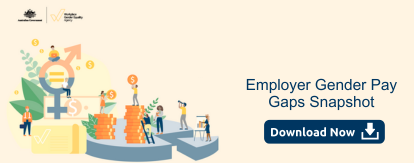
WGEA’s latest analysis compares employer gender pay gaps by industry, industry-type, business size and the role of women in leadership.

This new research paper summarises the effects of the legislative requirement to publish employer gender pay gaps in the UK.
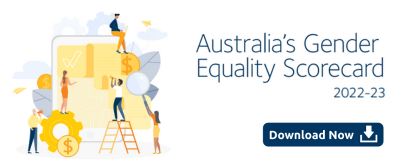
See the key findings from the latest reporting period in gender segregation, pay gaps, women in leadership and more.
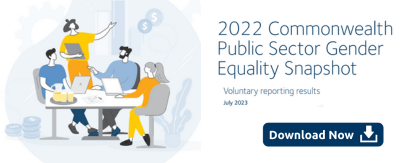
The 2022 Commonwealth Public Sector Gender Equality Snapshot is the first look at WGEA reporting of gender equality in the public sector.
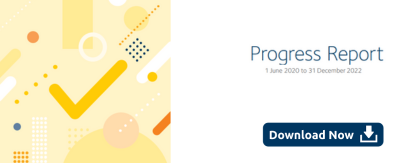
Find out how Australia progressed in relation to the gender equality indicators during 2020-2022.
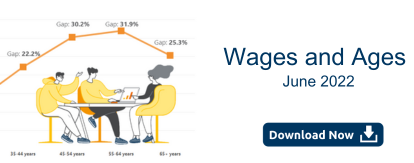
Wages and Ages: Mapping the Gender Pay Gap by Age breaks down WGEA's Employer Census data by age to find trends that impact workplace gender equality.
Find our research and publications to learn more about gender equality works and why it’s important.
Featured publications
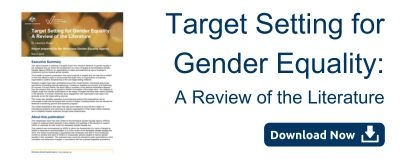
Dr Leonora Risse's research paper Target Setting for Gender Equality: A Review of the Literature summarises the evidence behind setting targets for improving workplace gender equality.

The latest report in the annual series finds the most effective actions employers can take to boost workplace gender equality.
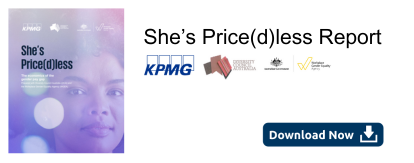
Progress on closing the gender gap in Australia has stalled.